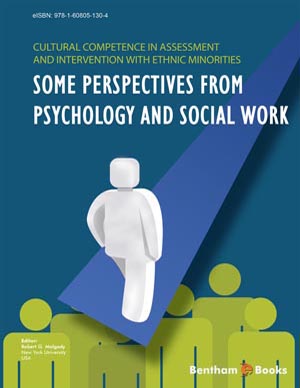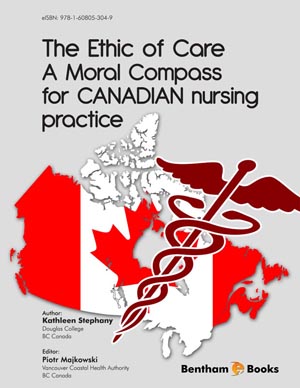Abstract
The first chapter of this textbook covered what is unique about this particular communications manual. Unlike many other books that focus primarily on communication strategies, this book presents empathy as the foundation for all therapeutic communication and teaches how to be empathic. The chosen methodology for this textbook was the examination of lived experience in conjunction with evidence informed practice. The underlying theoretical premise of this work was the ethic of care. The important connection between the ethic of care and empathy was explained. The concept of empathy was explored from a historical view point and from the perspective of both philosophy and psychology. Terms that are closely aligned with empathy such as benevolence and compassion were carefully delineated. The concept of empathy was further examined through recent evidence derived from social neuroscience. This discussion included: the role of mirror neurons; an explanation of how we come to know what another person is thinking and feeling; what leads us to respond with sensitivity to another’s suffering; and how we are able to differentiate between our own experience and that of the other person. In the case in point subjective perceptions of empathy in practice were shared by different helping professionals. A closing simulation exercise focused on practicing active listening, reflection and watching nonverbal cues, followed by mock scenarios on how to tell the difference between sympathy and empathy. The rules for confidentiality during simulation were introduced along with a sample simulation confidentiality form.
Keywords: Active listening, behavioural approaches, benevolence, compassion, compassion fatigue, empathy, epistemology, ethics, evidence informed practice, knowledge, metaphysics, mirror neurons, non-verbal communication, personcentered humanistic psychology, phenomenology, philosophy, politics. esthetics, psychoanaly-tical theory, psychology, reflection, science, self-awareness, selfpsychology, social neuroscience, sympathy, the ethic of care.







